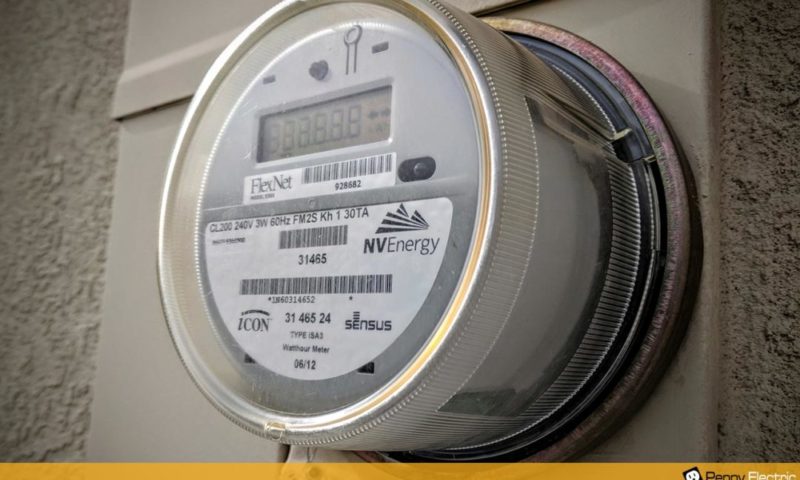Energy Efficiency Services Ltd (EESL) is progressing with its smart meter procurement drive. EESL, a five-way joint venture with power ministry PSUs, recently announced that it will be procuring 1 million smart meters to be deployed in Haryana. Agreements have been entered into with two discoms — Uttar Haryana Bijli Vitran Nigam (UHBVN) and Dakshin Haryana Bijli Vitran Nigam (DHBVN). The initial cost of the project will be borne by EESL and its payback would be made through monetization of commercial efficiency from the use of meters. EESL is expected to float tenders for the smart meters and for the system integrator in the coming weeks.
According to information available, EESL has floated three major tenders so far for procurement of energy meters. In March 2018, a tender for 5 million smart meters to be deployed on pan-India basis was floated and the finalization is under process.
In December 2017, a mega tender for 10 million prepaid meters was floated. These meters are to be deployed in Uttar Pradesh, a state with ATC losses way above the national average. This tender was recently formalized, according to very reliable sources, though there is no official communication from EESL.
The very first tender by EESL was in July 2017 where 5 million GPRS-based smart meters were procured for deployment in Uttar Pradesh (4 million units) and Haryana (1 million units).
Speaking of the 10 million prepaid meter tender for Uttar Pradesh, it is learnt that 5 million would be supplied by Larsen & Toubro, 3 million by Genus Power Infrastructures and 2 million by Delhi-based Allied Engineering Works Pvt Ltd. It is encouraging to observe that the allocation of this mega tender was quite “clean” unlike the July 2017 tender that generated a fair amount of controversy.
The strange outcome of reverse bidding
EESL’s first tender for 5 million GPRS-based smart meters, floated in July 2017, saw an interesting but strange turn of events. When the bids were opened, Larsen & Toubro emerged as the L1 bidder. However, when the reverse auction (as provided for in the tendering process) was carried out, Central PSU ITI Ltd (formerly Indian Telephone Industries) outbid L&T with a quote that was 8 per cent lower. The remaining qualified bidders were asked to match the best price quoted by ITI, and finally the contract for 5 million smart meters was divided amongst four suppliers—ITI (2.5 million units), Genus Power Infrastructures (1.35 million units), Karnataka State Electronics (0.9 million units) and ZenMeter Solutions (0.25 million). The total cost of procurement worked out to Rs.1,680 crore. The contract for system integration, valued at around Rs.1,020 crore was placed on Larsen & Toubro.
What is intriguing and perhaps disconcerting is that two of these suppliers – ITI and Karnataka State Electronics (or KEONICS) do not have prior experience in manufacturing energy meters. Though no official communication was available from procurement agency EESL, it is reliably that ITI would be outsourcing its order to Hyderabad-based JnJ Power Systems Ltd and to China-based Shijiazhuang Kelin Electric Co Ltd. KEONICS would be fulfilling its 0.9 million meter order through Flash Electronics (India). The question also arises as to how ITI and KEONICS, with no prior experience in the manufacture of energy meters, were considered eligible for the bidding process.
What is really disappointing is despite having reputed domestic manufacturers of energy meter business, a part of the tender will be fulfilled through Chinese equipment. This quite militates against the cherished “Make in India” philosophy.
The author, Venugopal Pillai, is Editor, T&D India and may be reached on venugopal.pillai@tndindia.com. Views expressed in this article are personal.

